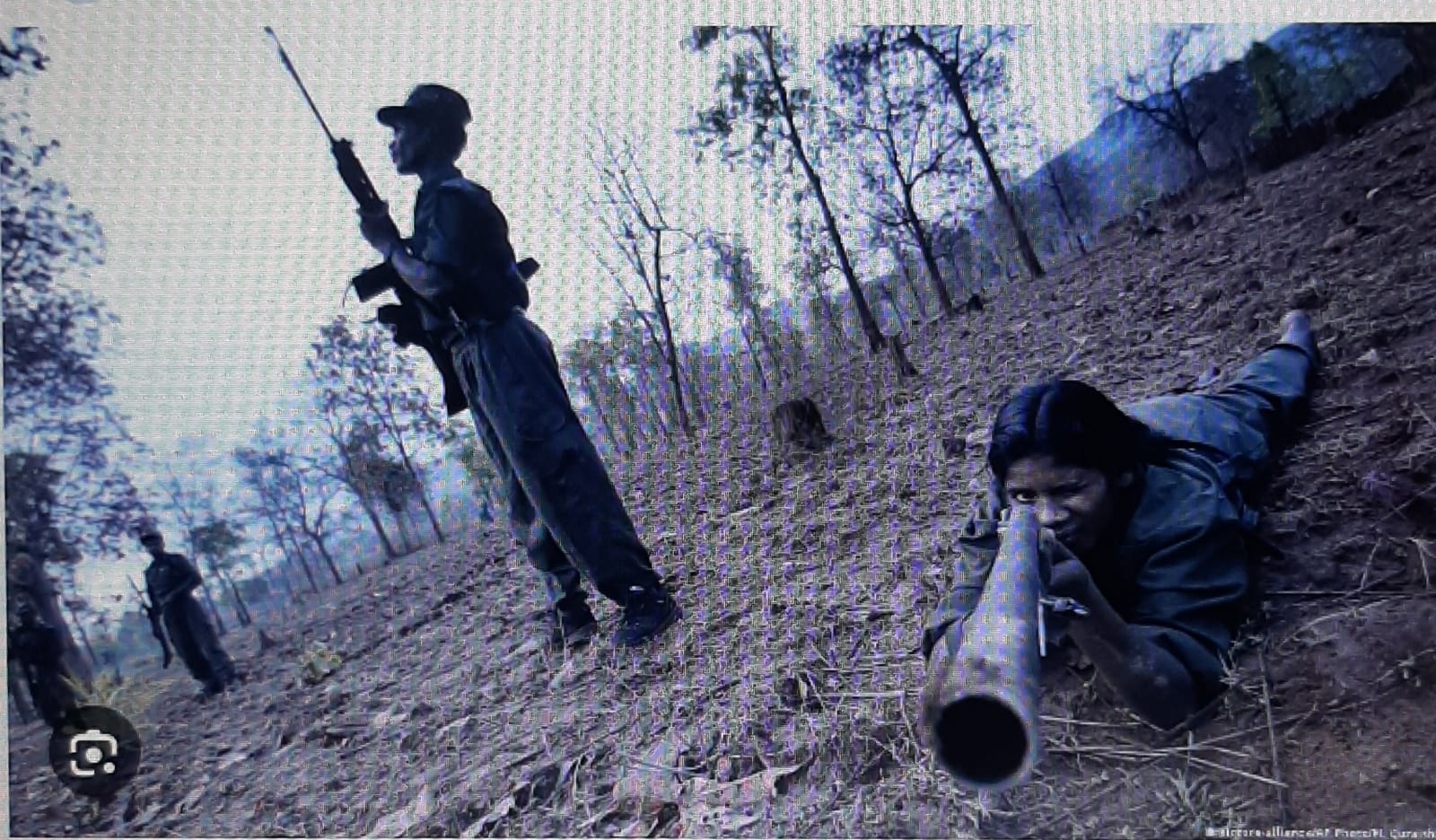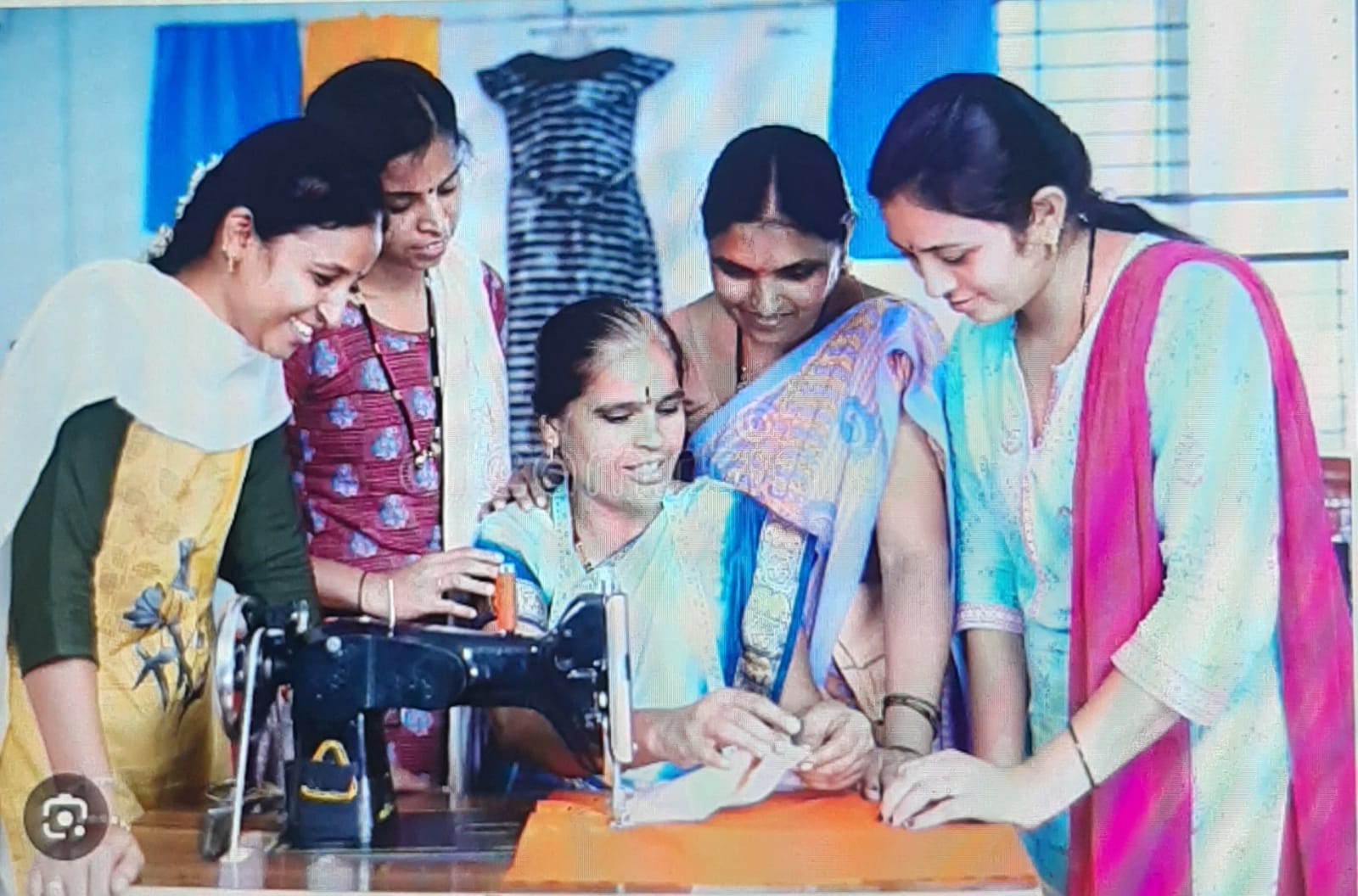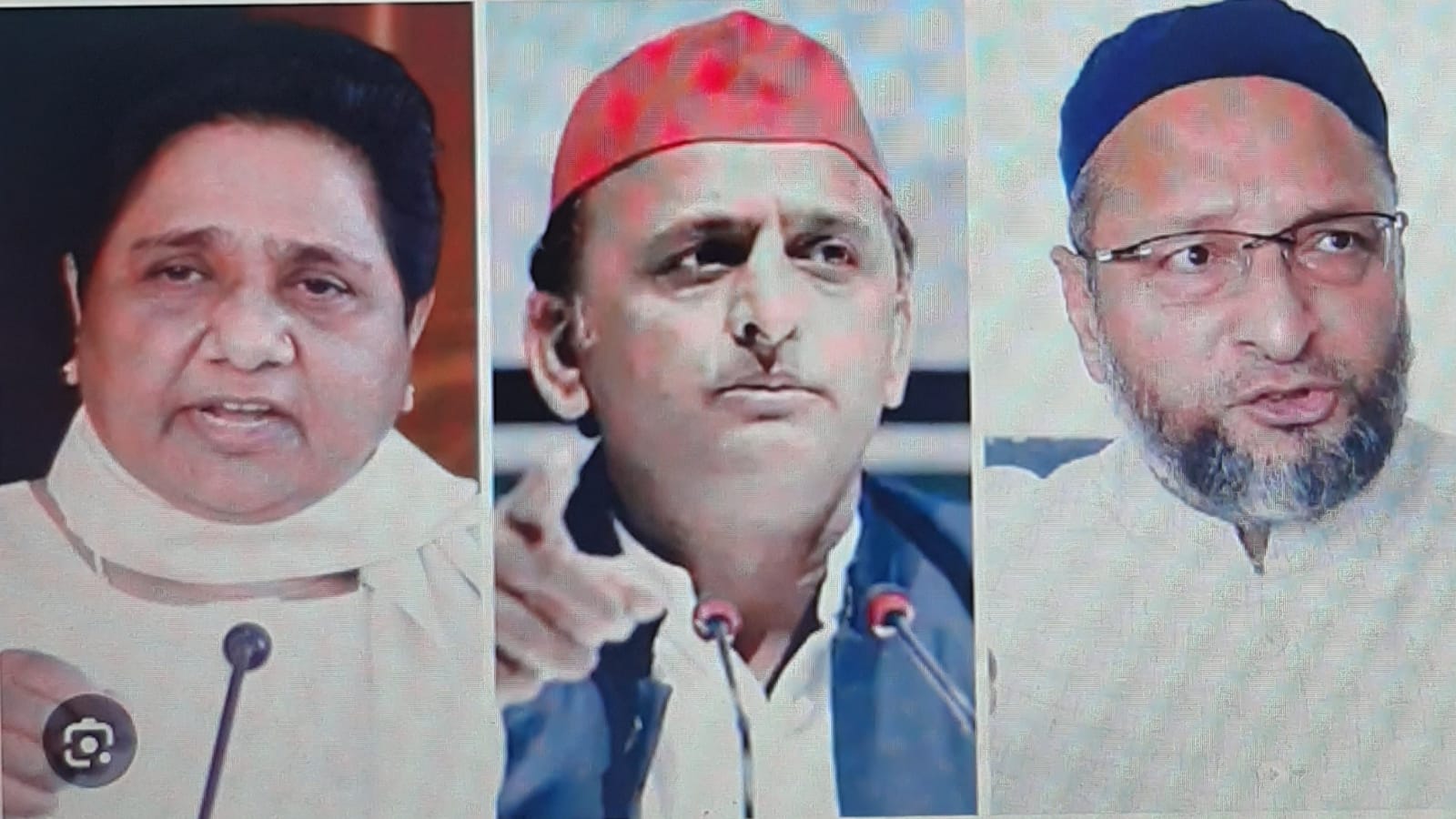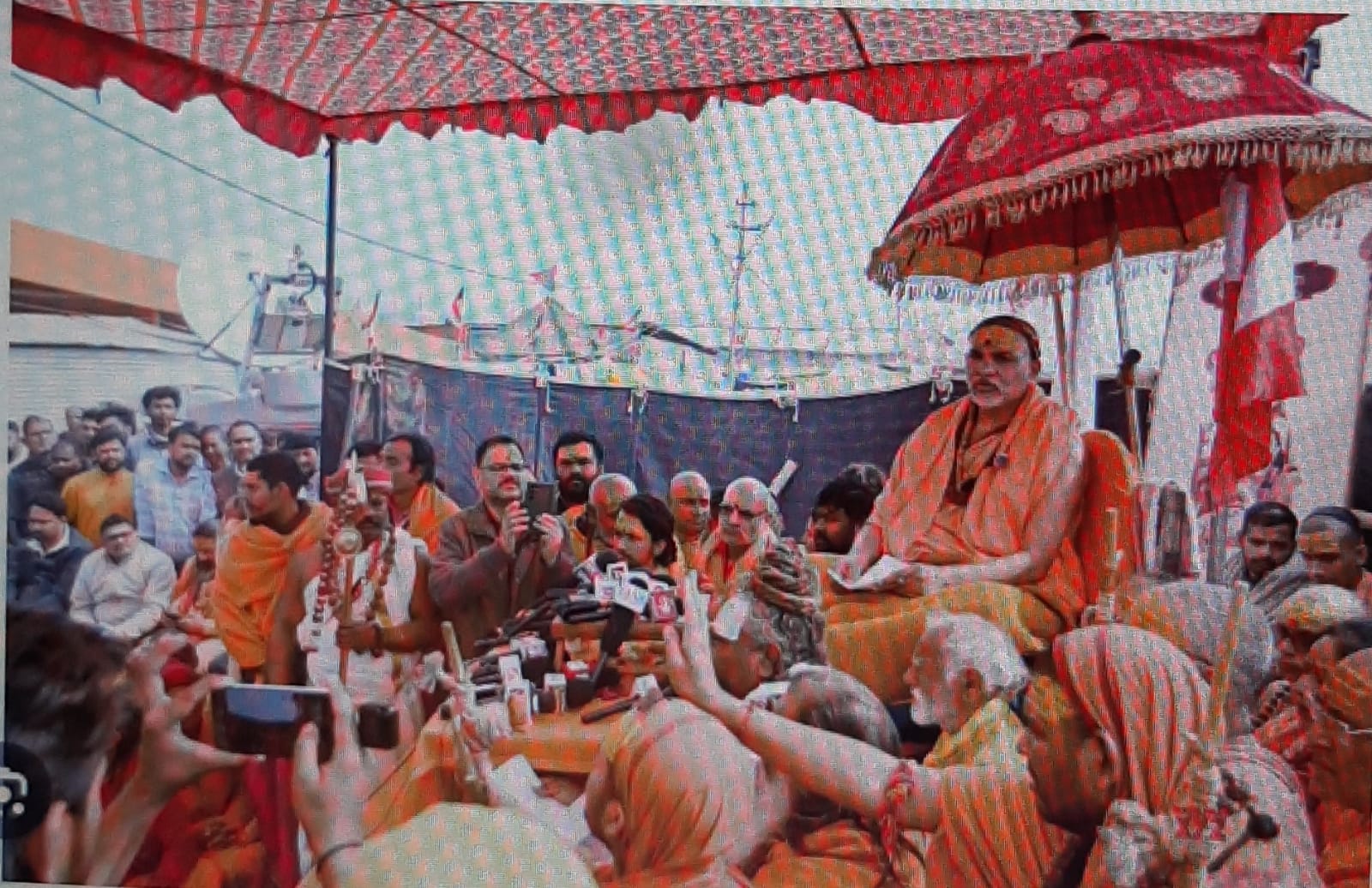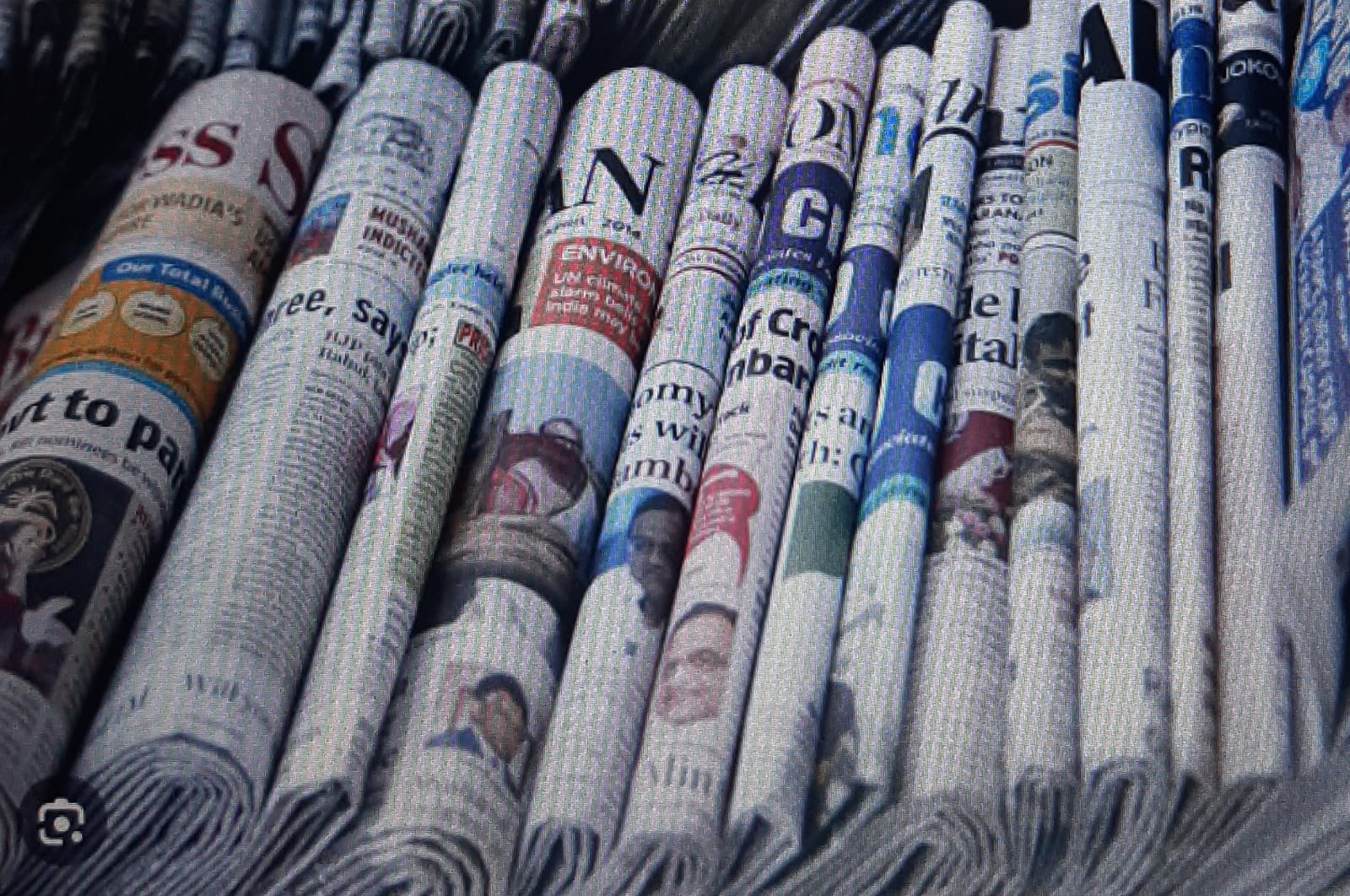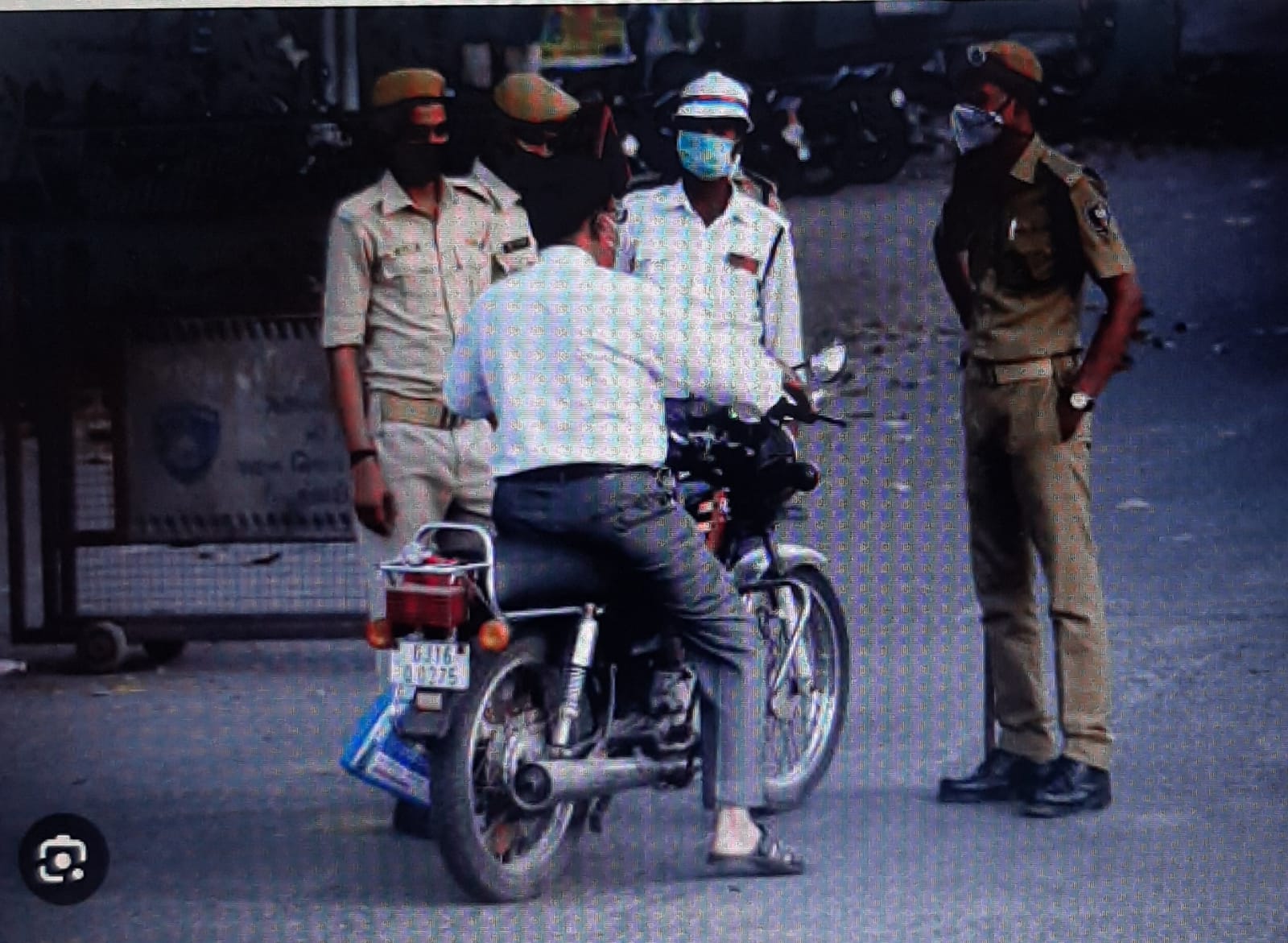
It is high time that those who govern the country, at whatever level, understand that the average citizen cares little about whether the police profession in India suffers from a colonial hangover or not. The average citizen would like to see the police in the form of uniformed persons whose presence in public spaces is reassuring, who can be approached for assistance in times of crisis or confusion and whose exercise of authority is perceptibly in the interest of the law-abiding person rather than in favour of the mighty, the rich or the powerful, writes former IAS officer Juthika Patankar
As a child growing up in erstwhile Bombay, my introduction to the police happened on two different planes. At one level was the policeman in navy-blue half-trousers and shirt, peaked cap and whistle whom one saw at traffic signals or walking down busy market streets. That was the local ‘Pandu’ and a friend even had a toy policeman doll in that image. On another plane was the English bobby one had met in Enid Blyton stories who could be big, dark-blue uniform and menacing like Mr Goon in the Five Find-outer series or the helpful, smiling policeman in some of her other stories. The two planes did not correspond at any level.
In India, policemen are creatures to be studiously avoided irrespective of whether you are a criminal or a law-abiding citizen. The overwhelming impression of the police in this country is that they are arbitrary, corrupt, unapproachable for assistance, ineffective and not of any species which could remotely find favour with the average honest citizen.
The average citizen’s daily contact with the police is limited to seeing their dealings with hawkers, errant (or non-erring) motorists, their role in directing traffic and their overwhelming visibility in VVIP movement and programmes. The poor, the obviously under-privileged, those who struggle for making their living by selling wares on street corners or pavements are usually subject to police insensitivity, unkindness and injustice. How many times all of us would have seen a policeman flicking fruit off a fruit-seller’s cart without paying for it? The police wield brute power and do not hesitate to abuse it especially against the weak and the poor. (Needless to add that there are honourable exceptions but these are too few to improve the image of the police.) To quote Enid Blyton on the unpleasant policeman, Mr Goon, “He was always rude and arrogant to people like the old Balloon -woman.” This could apply perfectly well to most of our police force.
In any society which is high on pandering only to the rich and powerful, which has no respect for ordinary citizens and the rule of law, those who wield any power invariably misuse it to bully those who are not in positions of authority or wealth to defend themselves. This is the distinguishing feature of all uncivilised, non-developed societies. A developed democratic welfare state is emphatic in its adherence to the rule of law so that every human being, rich or poor, is entitled to dignity and just treatment. If we wish to become an advanced developed nation, we need to instil this in our police, the most visible agency of the power of the State.
If one digs deeper into why the police appear to be so, one is made aware of their lack of training, lack of adequate numbers, lack of welfare within their system for police employees, disregard shown by the police top brass for sensitisation, refresher training courses and better working conditions for those at the lower and lowest rungs of the ladder. Police are seen to be at the mercy of their political masters and there is a total absence of professionalism in their functioning.
There are several articles which appear on a regular basis in the media, stressing the need and urgency of police reforms. The average citizen has never seen evidence of any reform even if it has happened. Like everything else which is a cognisable issue in India, there has been much deliberation on this but no apparent outcome of such deliberations.
It is high time that those who govern the country, at whatever level, understand that the average citizen cares little about whether the police profession in India suffers from a colonial hangover or not. The average citizen would like to see the police in the form of uniformed persons whose presence in public spaces is reassuring, who can be approached for assistance in times of crisis or confusion and whose exercise of authority is perceptibly in the interest of the law-abiding person rather than in favour of the mighty, the rich or the powerful.
It seems fairly obvious that the government would need to spend considerably on augmenting the size of the police force. The India Justice Report of 2023 notes that the gap between the sanctioned and actual strength in police forces on the national level remains worryingly large. Women, SC/ST and minorities are abysmally under-represented in India’s police force.
Modernisation, professionalism and personnel welfare would need to be brought in to make the police force competent, efficient and capable of addressing the security needs of the people. And if the government were to adopt a programme to accomplish this in a fixed time-frame, it would also need to keep citizens fully updated about what is being undertaken, by whom, at what cost and with what expected outcomes by which date.
Citizens require transparency and accountability and efficacy from their governments. The composition and functions of the police force in India need to be re-drawn with clear demarcation of responsibilities between Union, State and Local Governments. For example, law and order policing, criminal investigation (wherever feasible), traffic policing among others are functions which can be overseen by local governments to ensure better service delivery to citizens.
From the Scandanavian police novels of realism, it has been shown that the resources, efficiency and ingenuity of any police force would inevitably lag behind the crime networks. But focusing on reforms and re-imagining the police governance set-up can certainly improve the quality and credibility of the police towards citizens. The citizens have the right to rule of law and by definition that should include an adequately-sized, trained and sensitised police force.
(Juthika Patankar is a Visiting Faculty in Gokhale Institute of Politics & Economics, Pune and a former Civil Servant.Views expressed are personal.)



